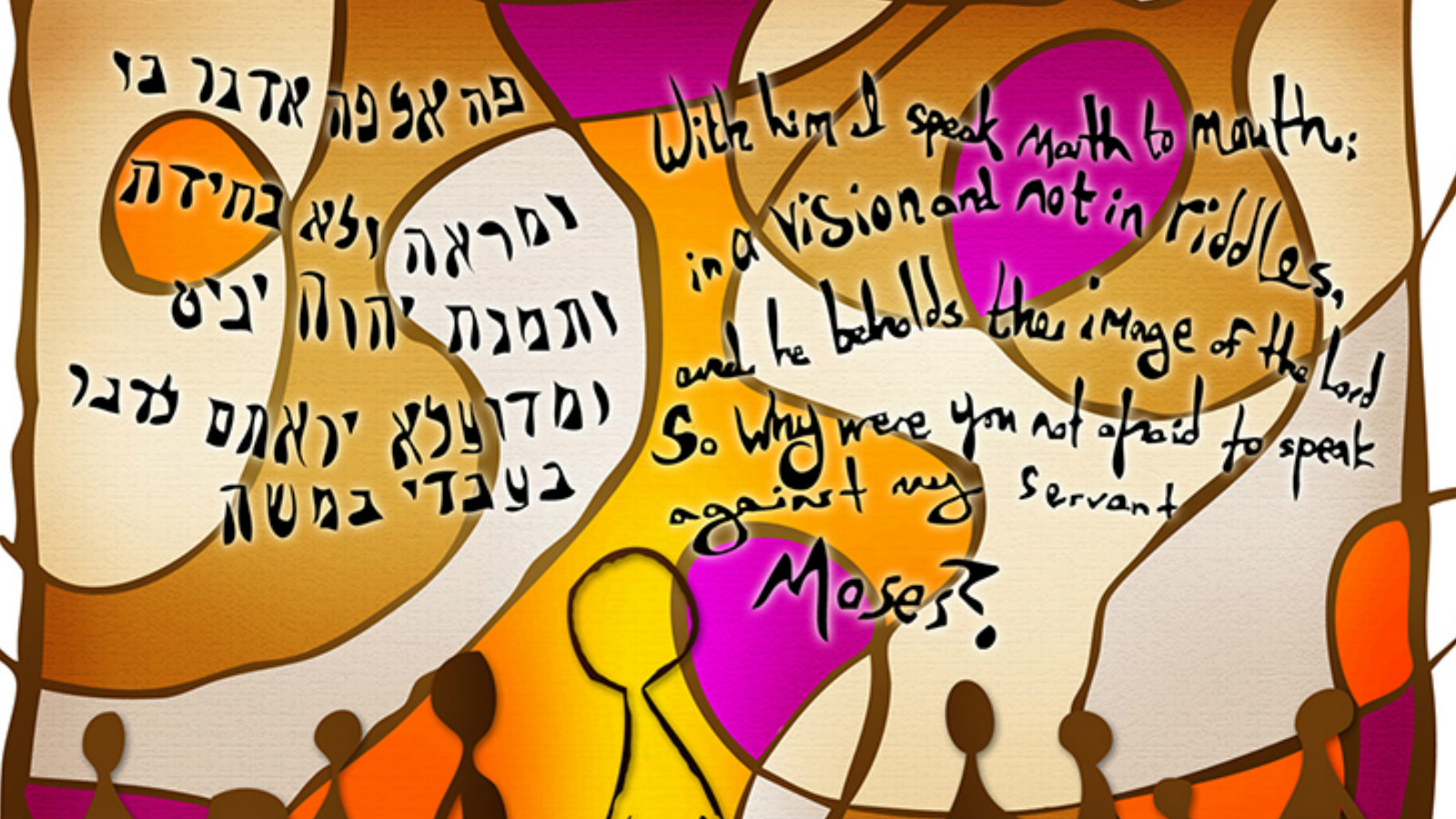Next Reading
Torah Reading
Numbers 8:1-12:16
Haftarah
Zechariah 2:14-4:7
In this Torah portion, the Israelites receive instructions regarding Passover. They journey forth from Sinai and complain to God on several occasions, provoking God’s anger. Miriam and Aaron speak against Moses.
Featured Commentary
Parashat Beha’alotcha: The Grand March Toward the Good
This Torah portion illustrates what happens when we put our individual needs first.
